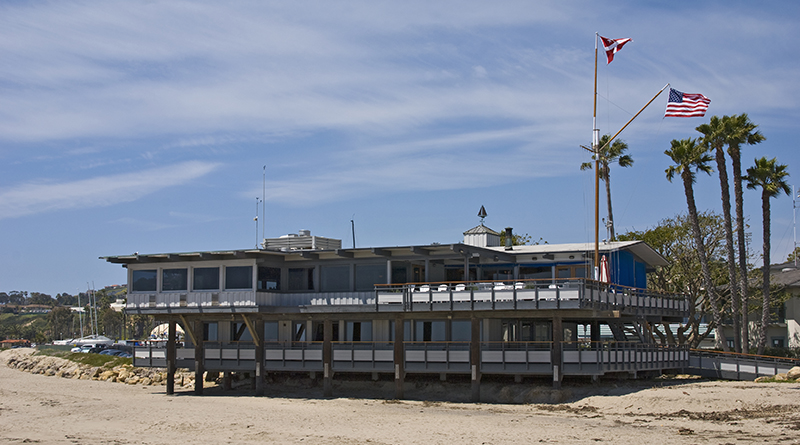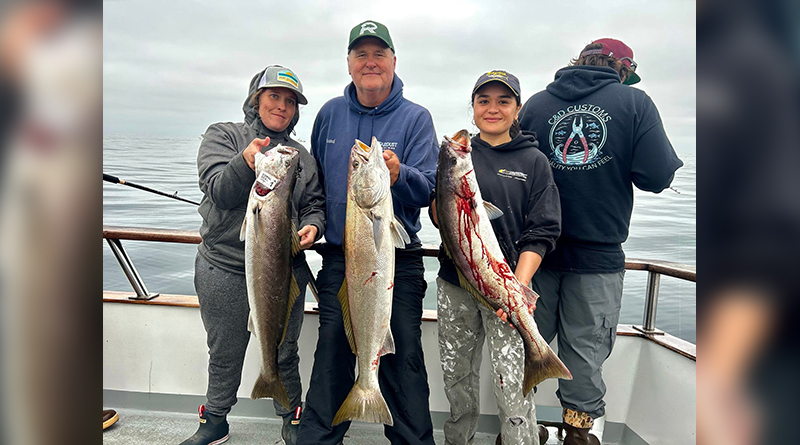Question:
I am helping a friend buy a boat by loaning him a fairly large sum of money. I have been a private lender in the past for people who invest in cars, homes, and commercial real estate when they did not qualify for conventional financing. But I have never loaned money on a boat, and I don’t want to make any mistakes. Can you help?
Answer
This is a complicated question, and I explained to our reader in a private email that he would need to retain me to examine all of the details of the transaction. But there are a few basics that will apply to most boat loans, starting with the registration of the boat.
Marine lenders will almost always require a boat to be Coast Guard documented (rather than registered through a state’s Department of Motor Vehicles) before they will fund a loan for a boat. Lenders may be concerned about the integrity of a state’s titling procedures and systems, which may vary considerably from state to state. Coast Guard documentation involves a common system of vessel titling regardless of where the boat is located. The system provides evidence of ownership that is internationally accepted, and it tracks the ownership history and recorded lien information throughout the life of the vessel. State title systems do not offer a publicly available title history for a boat.
More importantly, lenders require a vessel to be documented because that system allows them to record a preferred ship mortgage with the Coast Guard. A Preferred Ship Mortgage (“PSM”) is a federally governed security device under which a boat owner pledges the boat as collateral for a loan or other obligation, and it has priority over all tax liens, state-law liens, and most other maritime liens in the event of a foreclosure. This senior lien status is important to lenders, and it contrasts significantly with the characteristics of a security interest for a state DMV registered boat. The DMV procedure grants the lender certain rights of repossession but, since it does not confer “maritime lien” status to the loan, the lender is not protected against other creditors who do have a maritime lien, such as a shipyard.
The lender also has a lot of flexibility in the foreclosure procedures available for a PSM, and a loan secured by a PSM is exempt from State usury laws. But as noted above a PSM is only available for Coast Guard documented vessels. So, the first step for any marine lender is to require the boat owner to document the boat with the Coast Guard.
The Coast Guard has a few simple rules for the format and language of the PSM. The document must pledge 100 percent of the vessel as security for the obligation, and it requires the owner’s notarized signature. Further, as noted above, the vessel must be documented with the Coast Guard. This prevents the use of a PSM on smaller boats, since documented vessels must measure at least five net tons (this usually translates to a minimum of 25 to 27 feet in length).
The PSM must also properly identify the vessel by its Coast Guard Official Number. If it has no Official Number, which may be the case for a brand-new boat or other boat that has not completed the documentation process, the vessel must be identified by the Hull Identification Number (“HIN”) issued by the builder. Where the boat is identified by the HIN, the lender usually relies upon the HIN that is printed on the “Builder’s Certificate” or other paperwork issued by the builder, but he or she should also take steps to confirm that the HIN is accurate. The HIN is physically stamped on the starboard side of the boat’s transom, and whether through fraud or through a simple typographical error on the builder’s paperwork, the number stamped on the boat does not always match the number printed on the builder’s paperwork. Identifying a boat with an invalid HIN on the mortgage will void the mortgage, so the number stamped on the boat should always be checked (this is usually done by a marine surveyor).
A lender who complies with these steps must then record the PSM with the Coast Guard’s National Vessel Documentation Center. But what if a lender is unable to comply with these steps?
A lender may be unable to obtain or enforce a Preferred Ship Mortgage for a number of reasons. The boat may be too small to document with the Coast Guard, in which case the boat will probably be registered through the state DMV as discussed above. In California, the lender will be listed as the “Legal Owner” on the boat’s “Pink Slip” in the same manner as a car loan would be recorded.
A lender may also be unable to obtain or enforce a Preferred Ship Mortgage because he or she failed to obtain the correct HIN or the Owner’s notarized signature. This would be a catastrophic oversight by the lender because it renders the mortgage worthless which, in turn, leaves the lender with no collateral with which to secure the loan. But it does not relieve a boat owner from their legal obligation to repay the loan. The mortgage is the device which establishes the boat as security for the repayment of the loan. But the terms of the loan itself, including the repayment obligation, are typically set forth in a separate promissory note. The note remains fully enforceable through legal action against the borrower even if it is not secured by the boat.
Few of our readers will find themselves in the position of a private lender, such as our reader with the question at the top of this article. But many of our readers will borrow money for the purchase of a boat, and this discussion should provide some insight into the process. As always, a maritime attorney experienced in marine lending should be consulted for answers to any specific questions.
David Weil is licensed to practice law in the state of California and as such, some of the information provided in this column may not be applicable in a jurisdiction outside of California. Please note also that no two legal situations are alike, and it is impossible to provide accurate legal advice without knowing all the facts of a particular situation. Therefore, the information provided in this column should not be regarded as individual legal advice, and readers should not act upon this information without seeking the opinion of an attorney in their home state.
David Weil is the managing attorney at Weil & Associates (www.weilmaritime.com) in Seal Beach. He is certified as a Specialist in Admiralty and Maritime Law by the State Bar of California Board of Legal Specialization and a “Proctor in Admiralty” Member of the Maritime Law Association of the United States, an adjunct professor of Admiralty Law, and former legal counsel to the California Yacht Brokers Association. If you have a maritime law question for Weil, he can be contacted at 562-799-5508, through his website at www.weilmaritime.com, or via email at [email protected].





